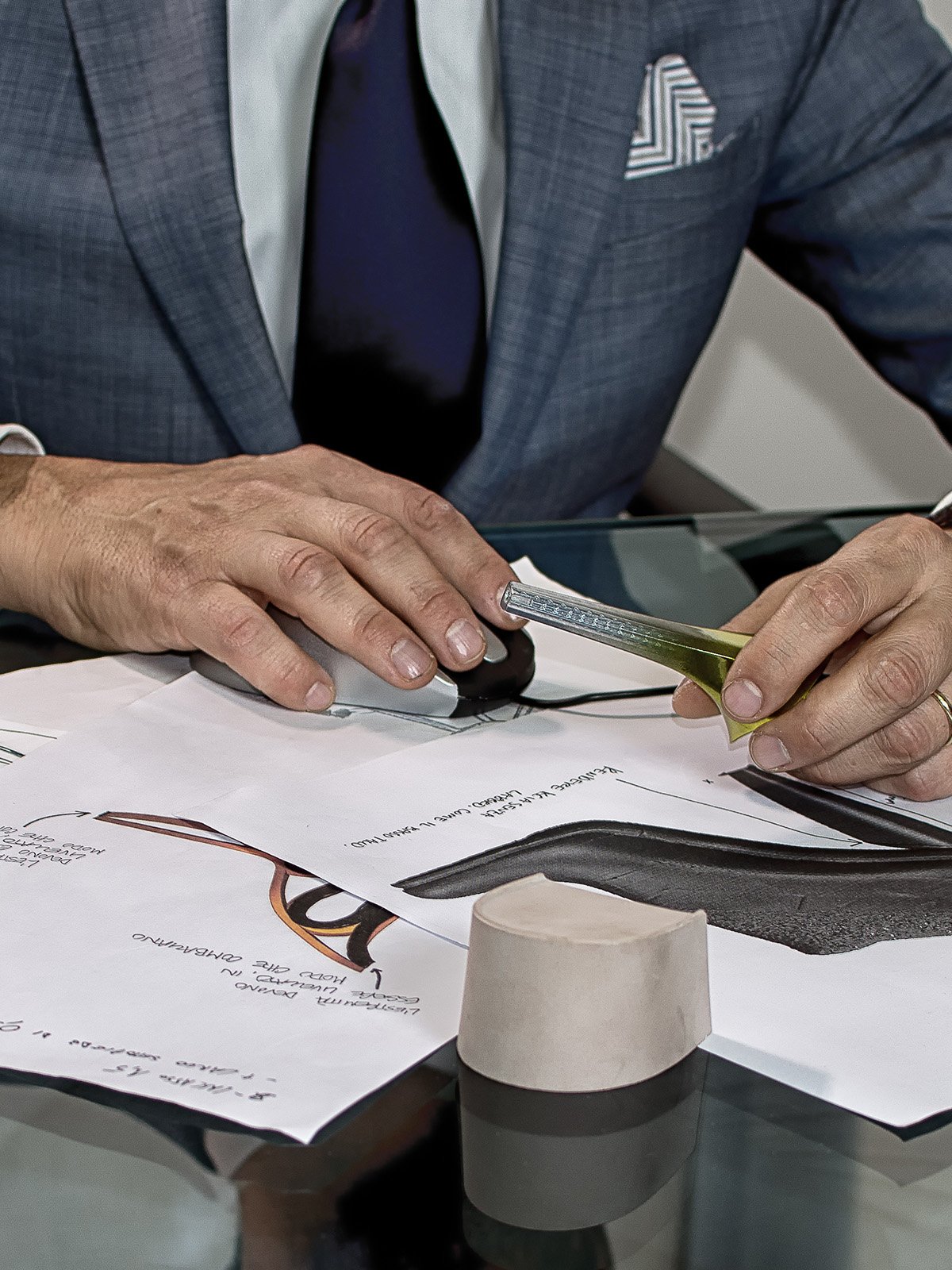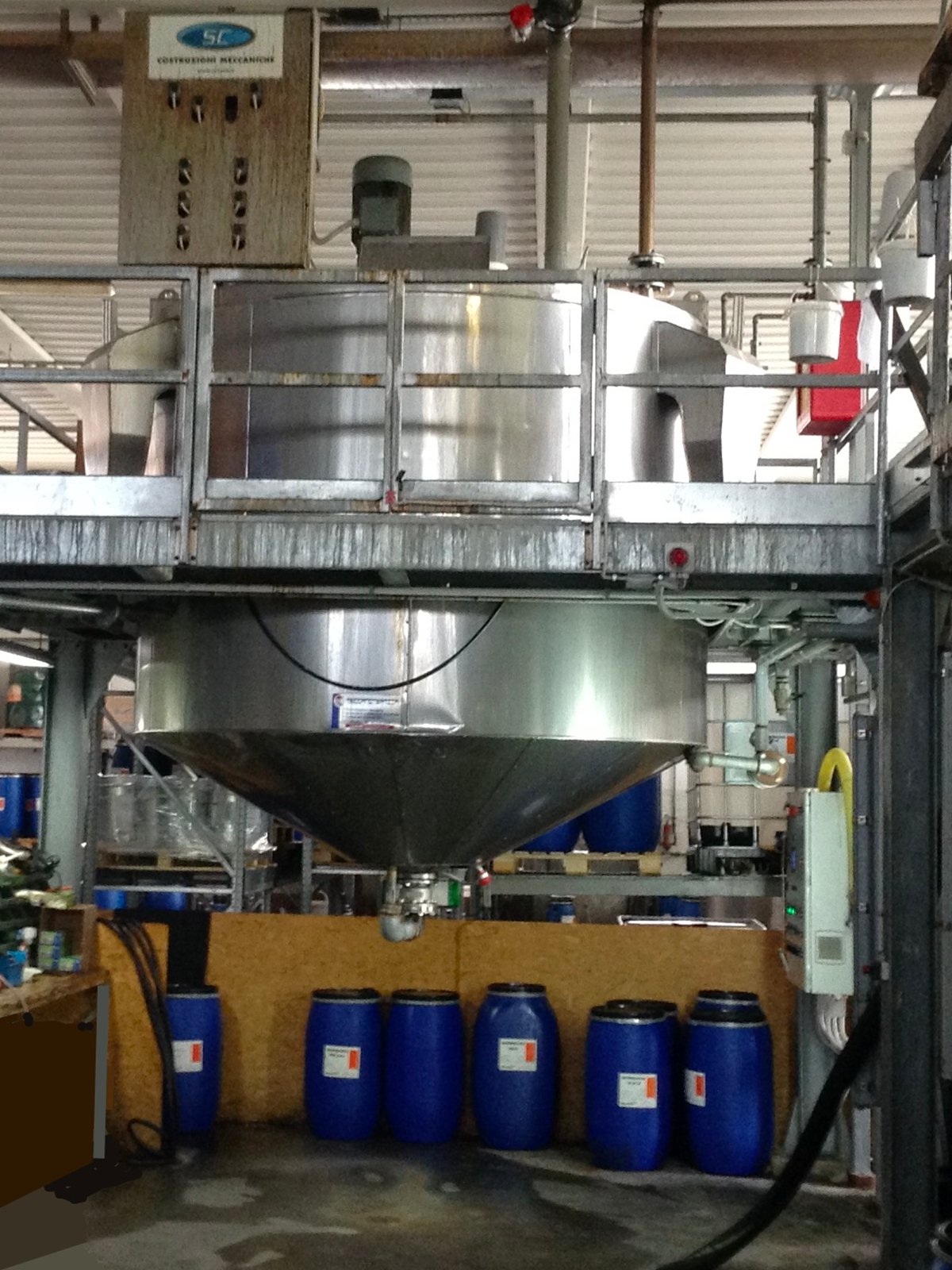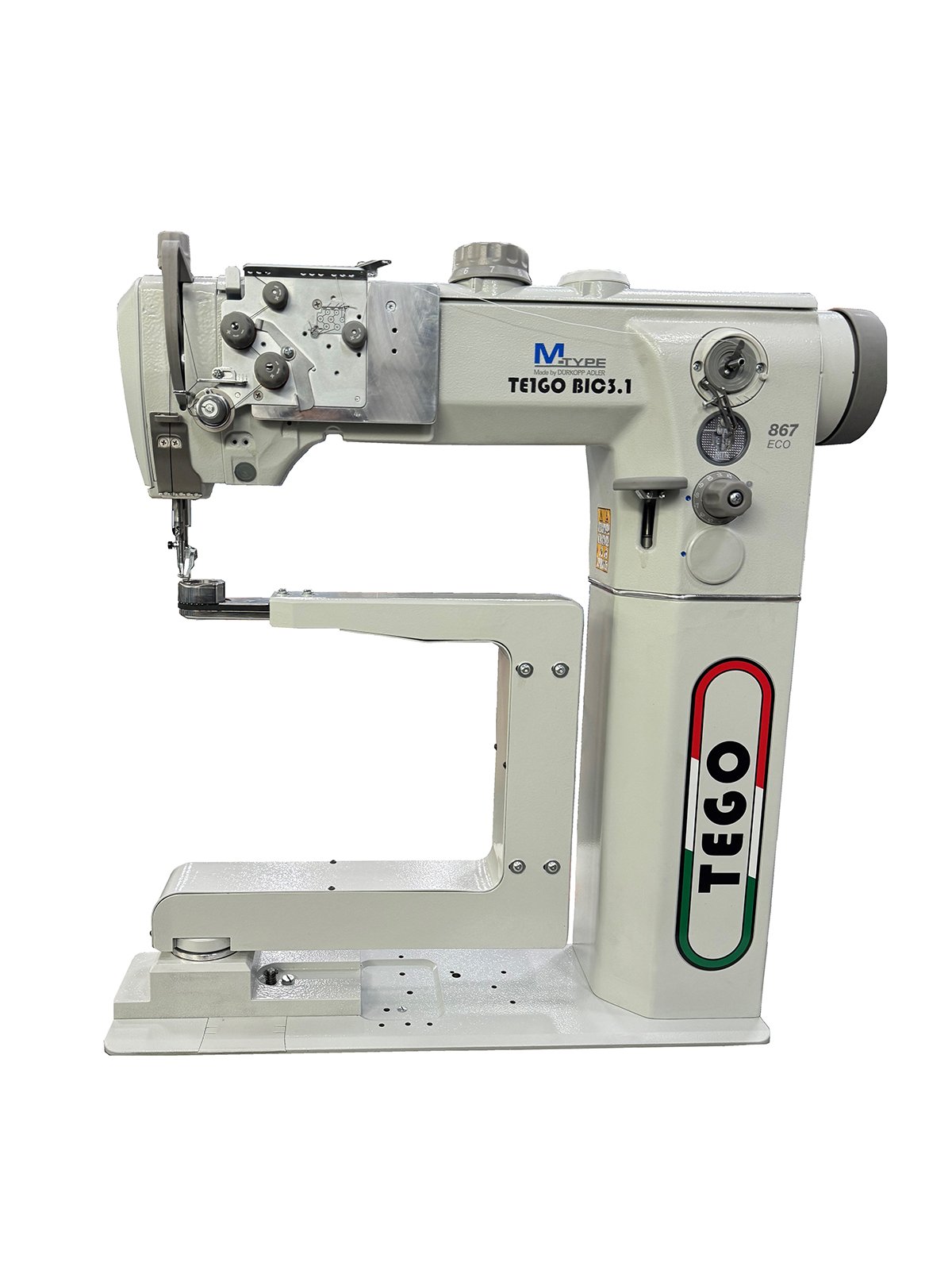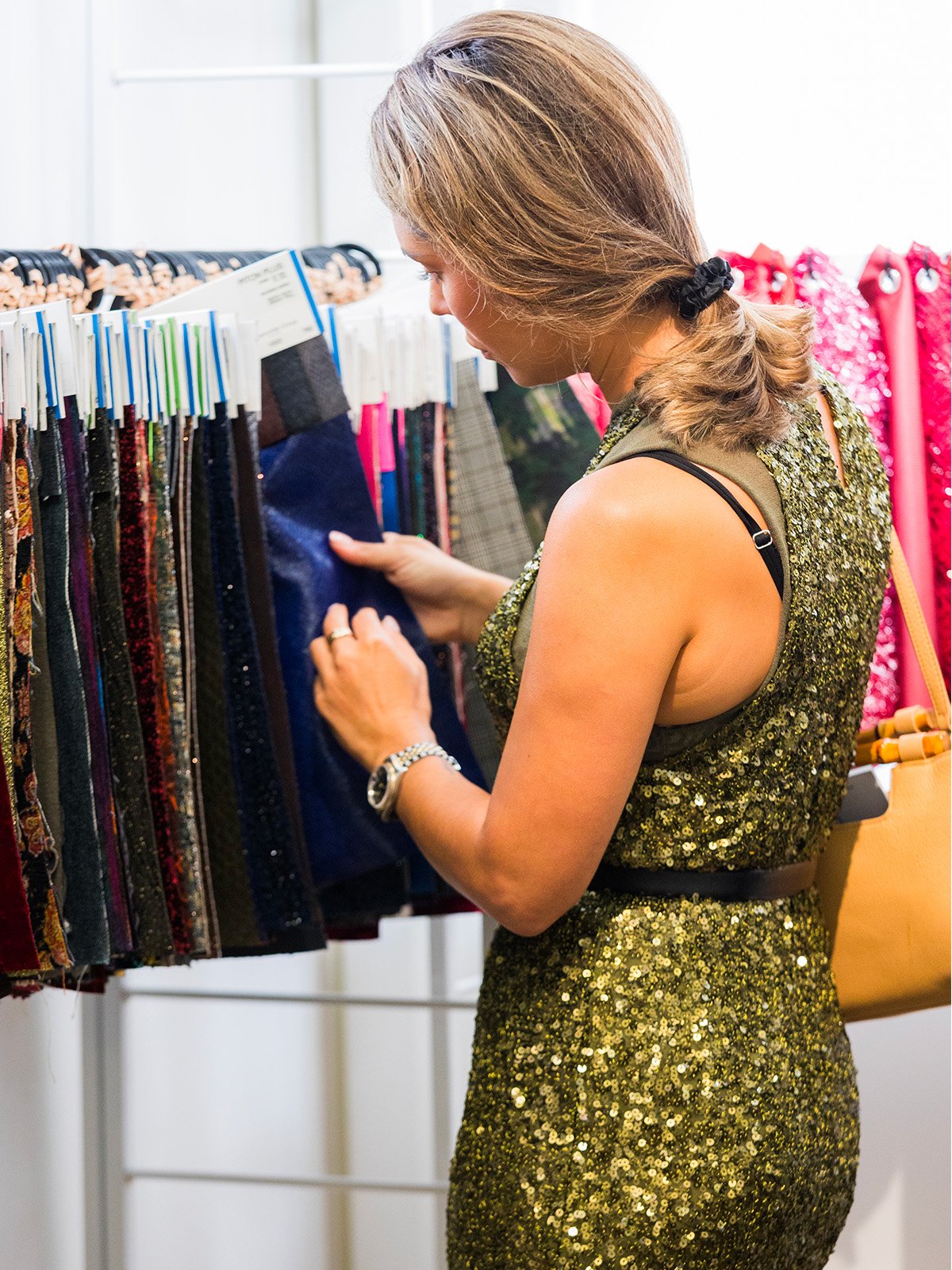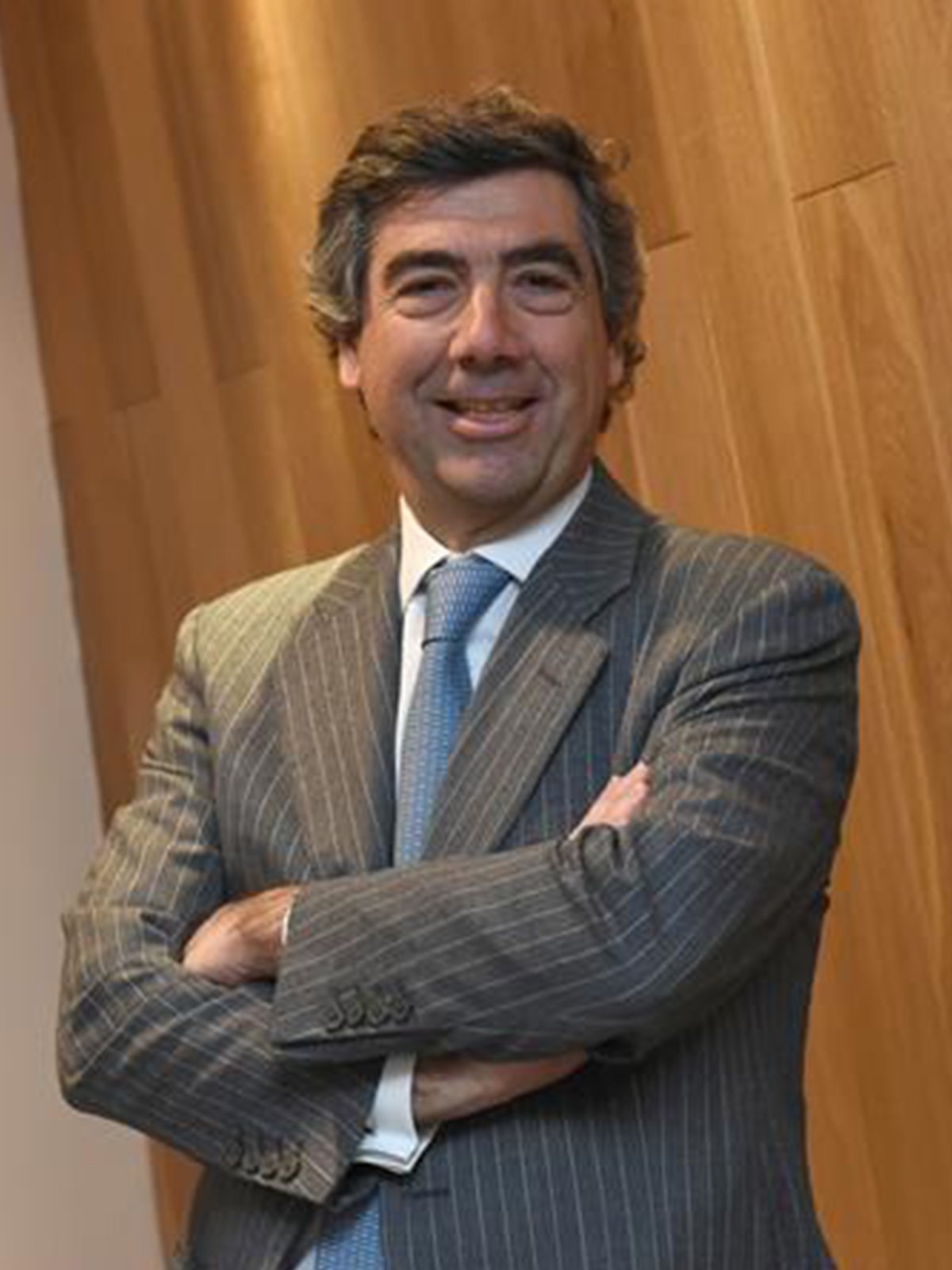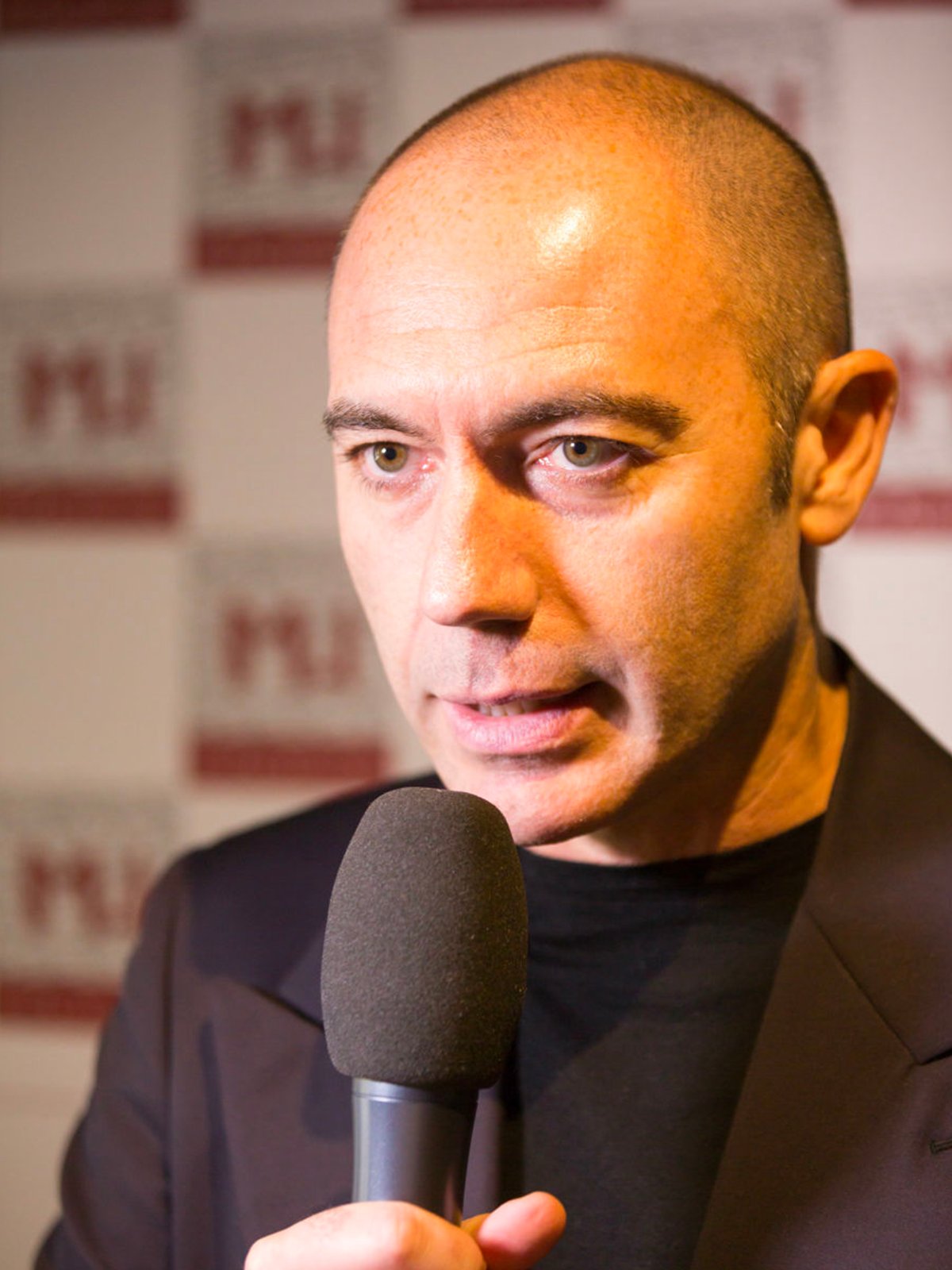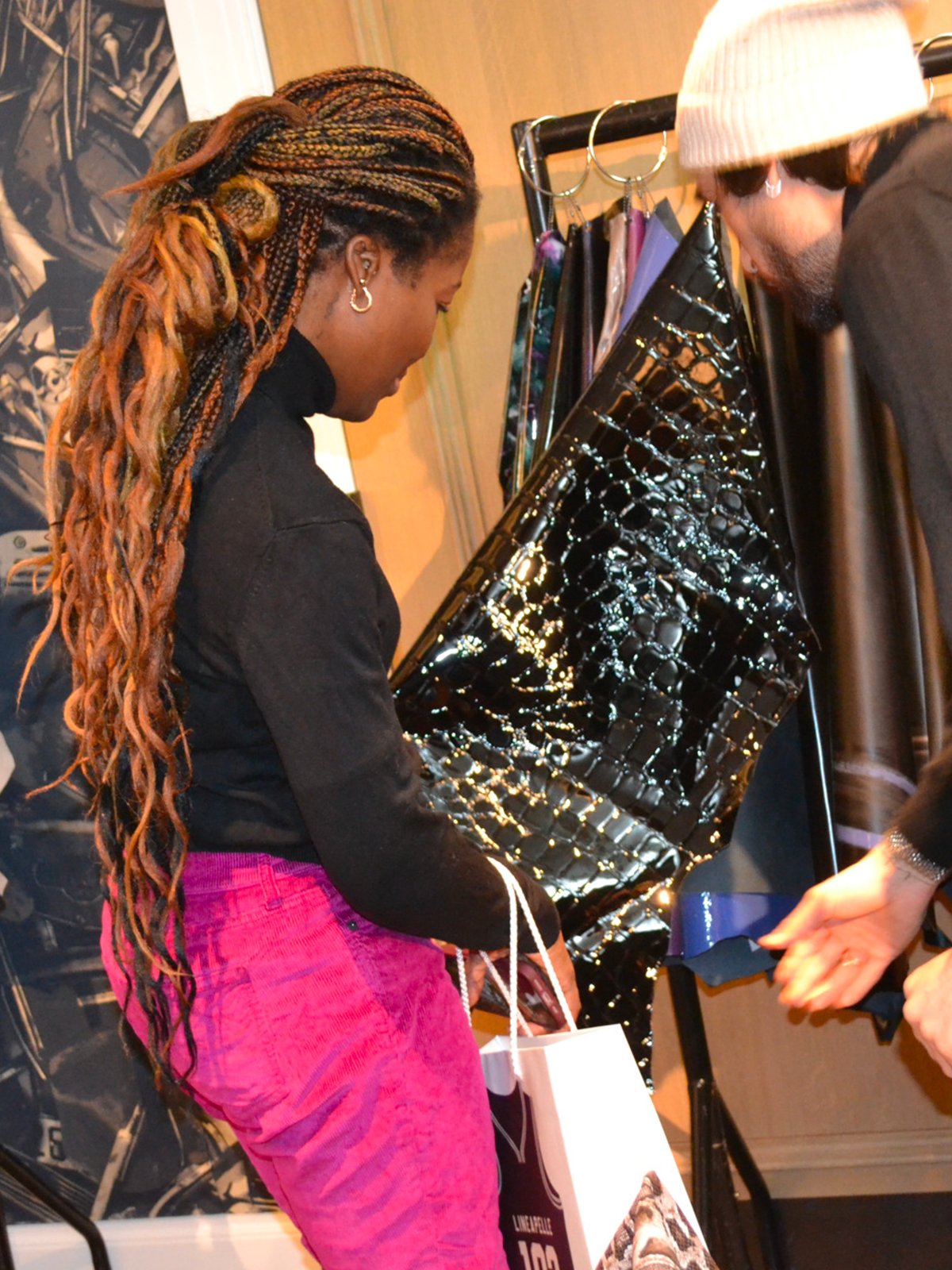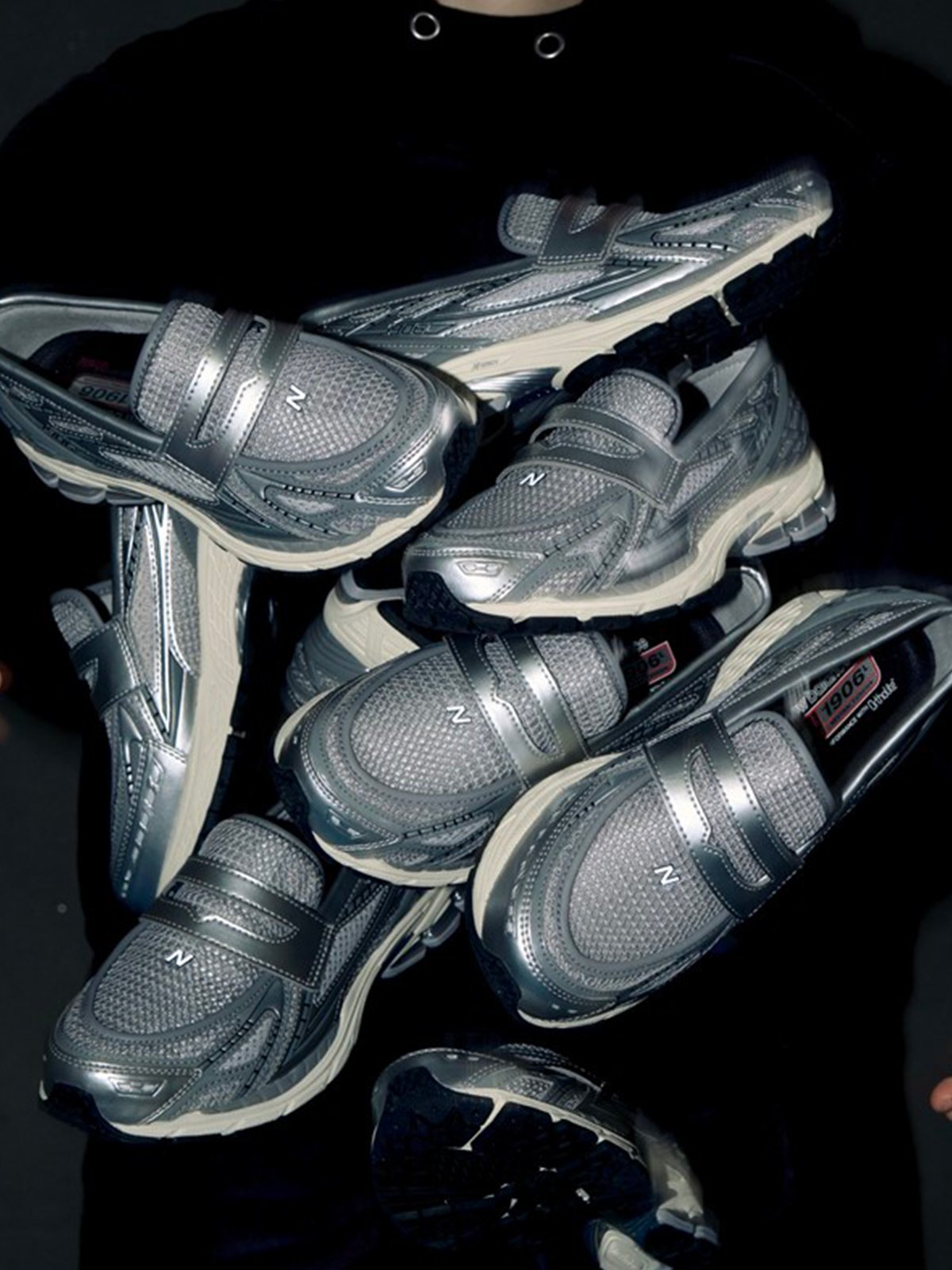News
Generational transition, external managers or continuity?
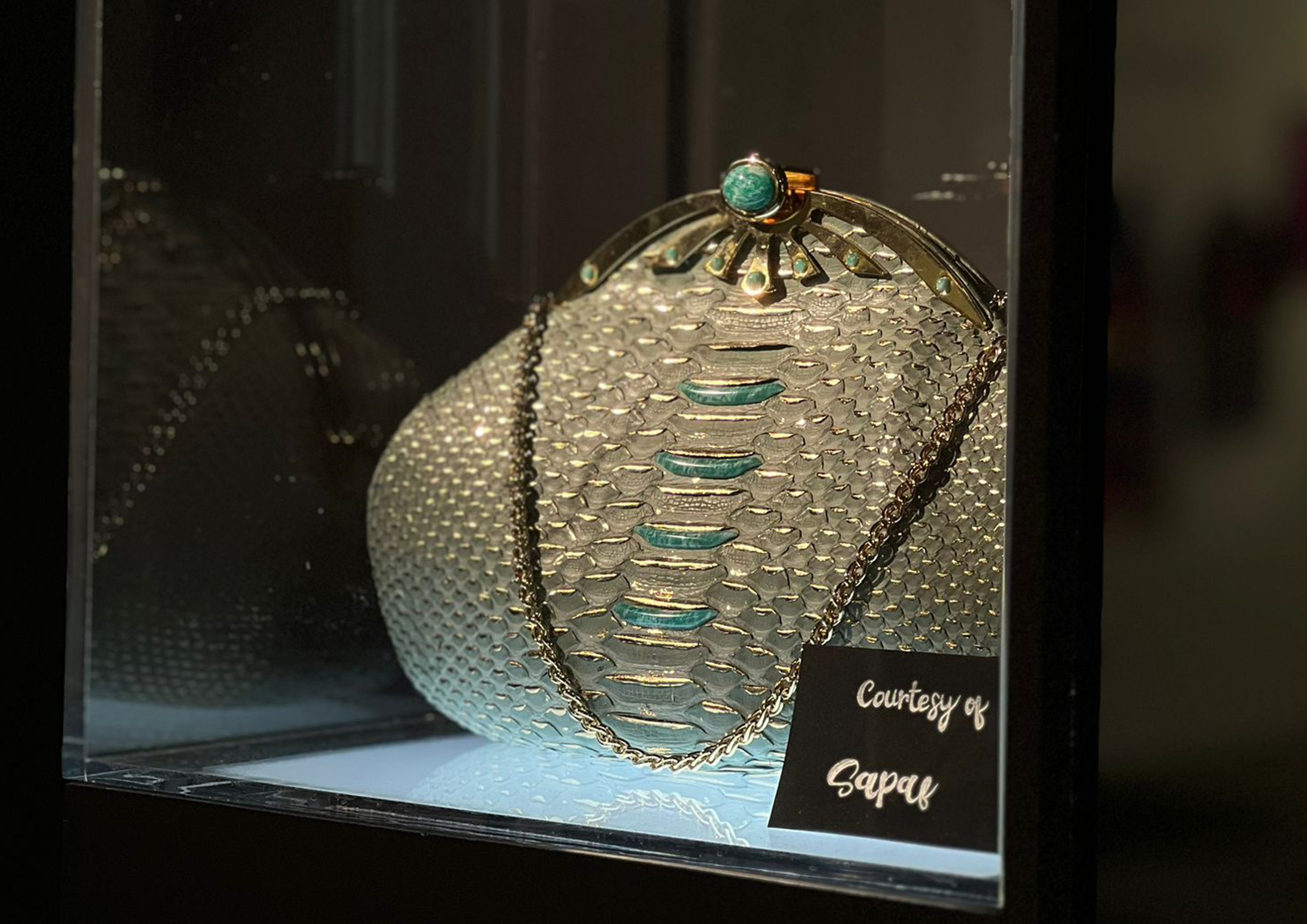
Family-run SMEs, a founding element of the Italian entrepreneurial fabric, are facing the problem of generational transition. According to the 15th edition of the Aub Observatory (Aidaf-Unicredit-Bocconi), companies with this set-up account for 65 percent of the total; for the largest ones, in 65.7 percent of cases leadership is in the hands of the family, a percentage that rises to 78.8 percent among the smallest. According to the research, however, between 2020 and 2022, openness to external leaders has grown: over the three-year period, all-family leadership models have shrunk by 4 points in the largest companies; the same is true, for the first time, for the smallest ones. Many SMEs are also shifting to a collegial management model: more than a third (33.9 percent) are led by CEOs.
According, on the other hand, to the FuturARTI survey, promoted by CNA Florence and Simurg Ricerche, on the challenges and prospects of the Florentine labor market, the issue of generational changeover affects 65 percent of businesses, 21.5 percent of which say they want to solve it by closing the business or selling it, essentially due to the absence of a successor (92.6 percent of cases), due to lack of interest on the part of children and relatives to continue the family business (48 percent of cases).
One of the possible ways to deal with the turnover at the top may be to rely on specialized managers, who can bring new and more specific skills to the company. “Although ours is a company with a well-established family tradition,” explains Alex Rossi of Sirp, a company founded in 1969 and now an international excellence in the production of leather, ”it has been tackling the problem of generational changeover for some time now, since the 1990s, by focusing on managerialization. It is a path that has made it possible to face the new challenges the company has been facing with good results, reconciling the maintenance of family and traditional roots with renewal, innovation and the grafting of ever-new skills.”
But there are also examples under the banner of continuity. “Our company is on the threshold of the second generational transition,” explains Andrea Calistri, owner of Sapaf, a Florentine company specializing in niche production for the luxury market that just celebrated 70 years, ”having two sons in the company we are creating the conditions for a new handover. We have a particular profile and history, which has always been linked to the family name and based on passion. I think that is precisely what makes the difference: young people follow passion more than approaches based solely on numbers and budgets. I believe that our good fortune has been to have been able to transfer, from father to son, the great love for this work.”
Along the same lines is Martina Squarcini of Conceria Il Ponte, a reality in the Tuscan tanning district historically devoted to the production of vegetable-tanned leather. “Our company is in its third generation: it was founded in 1961 by my grandfather, then my father, with his seriousness and deep love for his company, created this beautiful reality of which I have also been a part for 20 years,” she says. ”I believe that everything is based precisely on the love for our work and the passion that my father passed on to me: I am proud to be part of this company that is to all intents and purposes a big family. Even among our employees there are fathers and sons, uncles and nephews: although they are all trained and experienced, the average age is low and among the young people I see a great desire to do and learn, contrary to what we often hear.”
